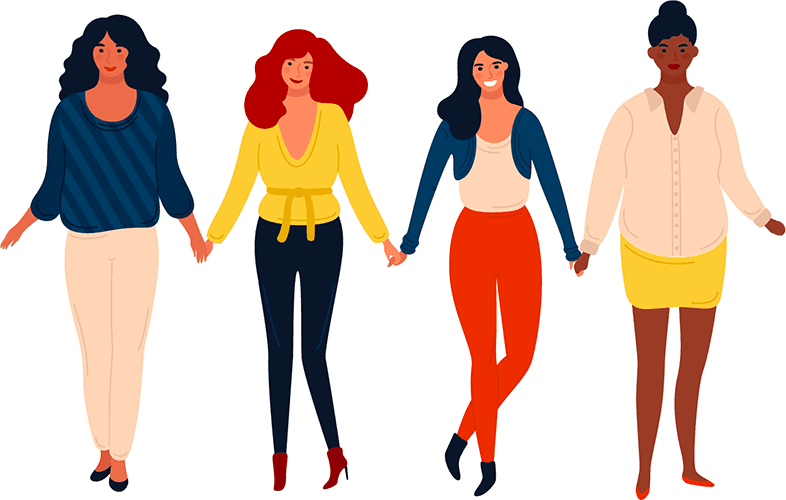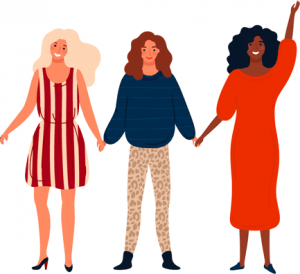This website uses cookies so that we can provide you with the best user experience possible. Cookie information is stored in your browser and performs functions such as recognising you when you return to our website and helping our team to understand which sections of the website you find most interesting and useful.

All About Consent
You have probably heard the term ‘consent’.
There can often be confusion and misunderstanding about what ‘counts’ as consent.
Here are some things we should all know about consent;
- Sexual violence is any sexual activity that takes place without someone’s consent.
- If someone consents to sex, it means they agree by choice, and also that they have the freedom and capacity to make that choice.
- We all have the right to not agree to any type of sexual activity. We also have the right to change our minds at any time or consent to doing one sexual thing with one person but not someone else.
- If someone says “no” to any type of sexual activity, they do not consent.
But what if someone doesn’t say “no” out loud?
Does that mean that they have consented to sex?
- No. Just because someone hasn’t said “no” does not mean they have given automatic consent.
- If someone seems unsure, stays quiet, moves away or doesn’t respond – this is not consent. Many people who have experienced sexual violence find that they were unable to move or speak – this is a common reaction.
This means that…
- If someone is asleep, unconscious, too drunk or drugged that they cannot consent to sexual activity.
- If someone is threatened, bullied, pressured or manipulated into saying yes, this is not consent.
- If someone’s not sure whether you are giving your consent for something sexual, they should check with you.
- If they can see or suspect you’re not 100% comfortable or happy with what’s happening between you, they should stop.
Here are some examples of what consent does and does not look like in real life situations.
Consent looks like:
Respecting someone’s choice if they say “no” – never trying to change their mind or put pressure on them
Checking in with your partner – “Is this OK? Do you want to slow down? Do you want to stop?”
Talking to your partner about what you do and don’t want, and listening to them in return
Enthusiastically saying “yes!”
Consent does NOT look like:
Someone removing a condom during sex, when you have only agreed to sex when using one
Someone assuming that because you have had sex with them before, you want to have sex again
Someone assuming that you want to have sex because of your actions or what you are wearing (for example, flirting, accepting a drink, wearing a short skirt)
Someone carrying on with sexual activity despite your non-verbal cues – for example, if you pull away, freeze, or seem uncomfortable
Someone having sex with you when you are asleep or unconscious
Feeling like you have to agree to sex because you’re worried about your partner’s reaction if you say “no”
If you think you might have been raped or experienced sexual violence, you can talk to us. We will listen and believe you, and you can take the conversation at your own pace.
You can learn more about our RSACC services here


